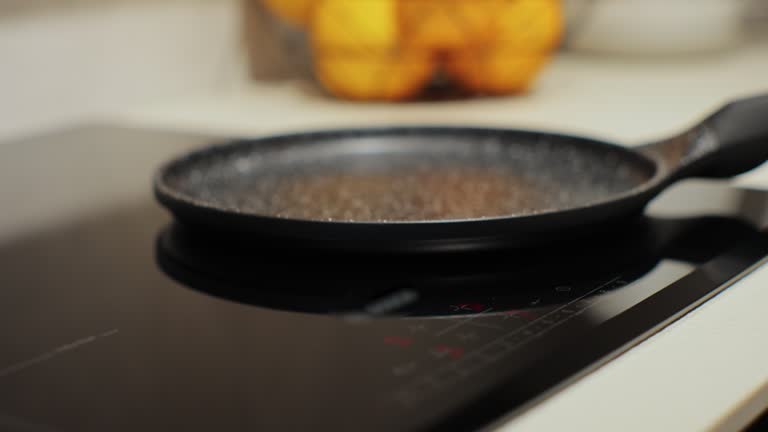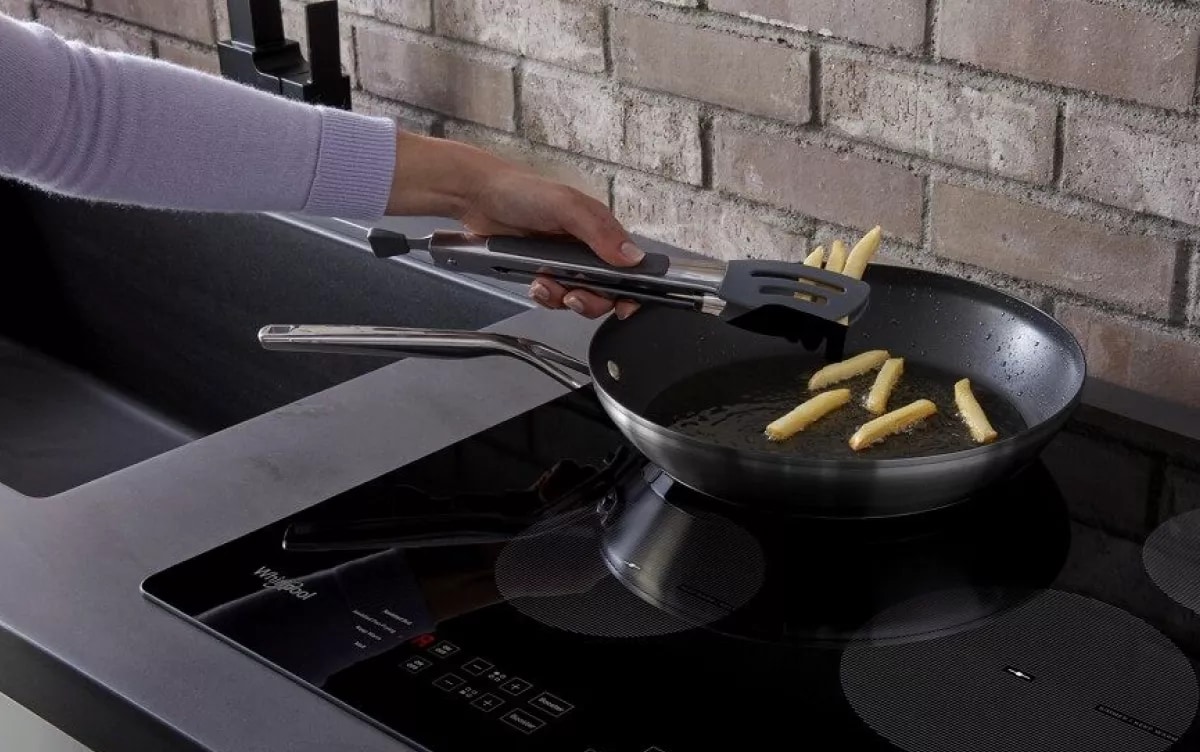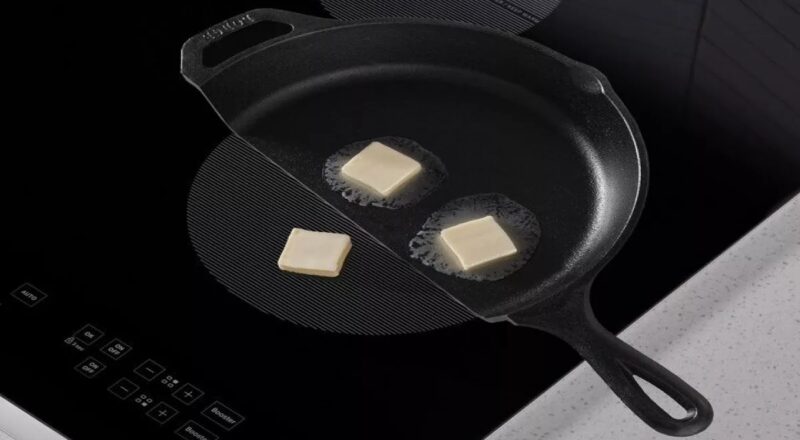If you’ve ever wondered does cast iron work with induction stoves, you’re not alone. Many home cooks and kitchen professionals are curious about this. Understanding how cast iron interacts with induction cooktops can greatly enhance your cooking experience.

Understanding Induction Cooking
Induction cooking is a method where heat is generated directly in the cookware by magnetic induction, rather than radiating from a flame or an electric coil. This is why using the right type of cookware is crucial for induction stoves.
How Induction Cooktops Work
Induction cooktops use electromagnetic fields to heat pots and pans. They require cookware made of ferrous metals to be effective. This means that the cookware must be magnetic.
Benefits of Induction Cooking
Induction cooking is known for its energy efficiency and safety. It heats cookware quickly and precisely, making it a favorite among many chefs. The cooktop itself remains cool, reducing the risk of burns.
Why Cast Iron is Ideal for Induction
Cast iron is naturally magnetic, which makes it an ideal choice for induction cooking. Its heavy construction retains heat well, offering consistent cooking performance.
Durability of Cast Iron
Cast iron is incredibly durable and can last for generations if cared for properly. It can withstand high temperatures, making it perfect for various cooking methods.
Heat Retention and Distribution
One of the most praised qualities of cast iron is its heat retention and even distribution. This ensures that food is cooked evenly, enhancing flavors and textures.
Using Cast Iron on Induction Cooktops
When using cast iron on an induction cooktop, ensure the bottom of the cookware is flat for optimal contact and efficiency. This ensures that the heat is distributed evenly across the cooking surface.
Potential Challenges
While cast iron works well with induction, it can be heavy and sometimes scratch the cooktop’s surface. Using a protective pad can help prevent this.
Seasoning and Maintenance
Maintaining cast iron involves regular seasoning to keep it non-stick and rust-free. For tips on how to clean and maintain cast iron, visit Griddle Cleaning.
Comparing Cast Iron with Other Cookware
When choosing cookware for induction, it’s essential to consider other options like stainless steel and non-stick pans. Each has its own set of advantages and disadvantages.
Stainless Steel
Stainless steel is a popular choice due to its durability and sleek appearance. However, it does not have the same heat retention as cast iron.
Non-Stick Cookware
While non-stick cookware is easy to clean, it may not be as durable or provide the same cooking experience as cast iron. For more on compatible stovetops, check out Stovetop Compatibility.
Expert Opinions
Many chefs and culinary experts prefer cast iron for its versatility and the unique flavors it imparts to food. Its compatibility with induction cooktops only adds to its appeal.
What Chefs Say
Chefs often highlight the superior searing capabilities of cast iron, which is crucial for dishes requiring a perfect crust.
Home Cooks’ Perspective
Home cooks appreciate the longevity and value of cast iron, making it a staple in many kitchens. For affordable options, see Affordable Griddles.
Conclusion
In conclusion, cast iron does indeed work with induction stoves. Its magnetic properties, combined with its durability and excellent cooking performance, make it a fantastic choice for anyone using induction. Whether you’re a professional chef or a home cook, using cast iron can elevate your culinary creations. For more insights, visit Field Company.

FAQs
Is cast iron safe for induction cooktops?
Yes, cast iron is safe and effective on induction cooktops when used properly.
Can cast iron damage induction cooktops?
While cast iron is heavy, using a protective pad can prevent scratches to the cooktop’s surface.
Why choose cast iron for induction cooking?
Cast iron offers excellent heat retention and even cooking, making it ideal for induction stoves.
This article contains affiliate links. We may earn a commission at no extra cost to you.

